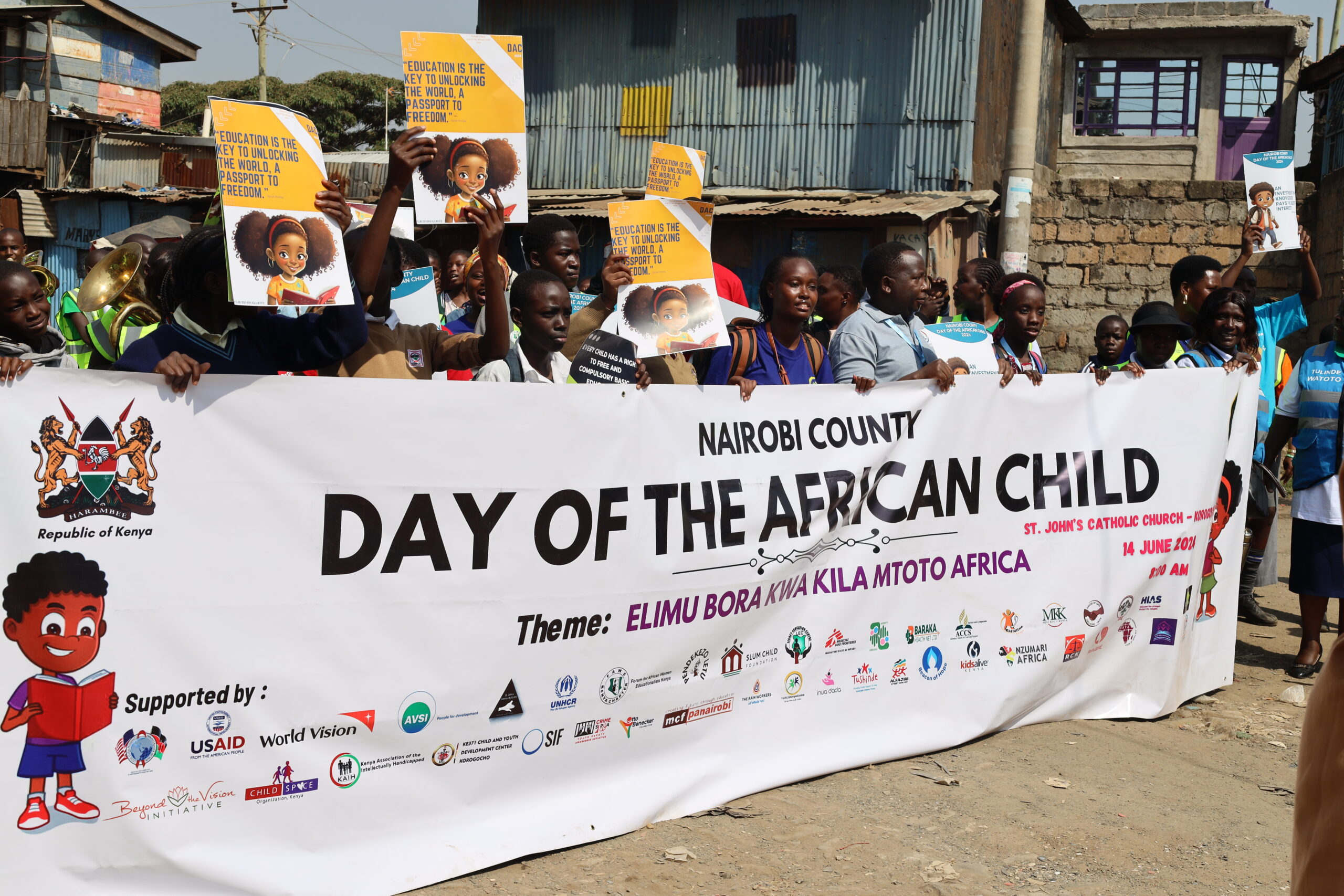The Government of The Gambia has signed a deal with the World Food Programme (WFP) to establish a sustainable nationally owned school feeding program. The programme will be implemented in food insecure and poor regions, to improve enrolment and retention of learners in early childhood development centers and the lower basic education cycle.
The main objectives of the programme is to establish the foundation towards a nationally owned and managed sustainable school feeding programme and to ensure that gains achieved are consolidated and improved upon, especially in regions with significantly lower educational status.
To achieve the main goal of a sustainable Home Grown School Feeding Programme (HGSFP) there is need for a planned management transition to national ownership and management; through local food production, procurement, processing and fortification.
This means that for the home grown school feeding to be successful, the source of food and financing of the schools meals will be localized. School children will be fed with local products that they are familiar with and the community will thus be needed to take responsibility of school feeding management. To further strengthen the HGSFP, school gardens will be reinforced so that they are able to complement the food provided by the community.
FAWEGAM and two other NGOs are tasked with training food management committees and monitoring the application of skills and level of community involvement at implementation level. The committees comprise of community members, school authorities and students. These members are well versed in programme management, logistics, procurement and monitoring and evaluation.
The community is required to take full ownership of the HGSFP by involving itself in all stages of implementation. Their roles and responsibilities have been clearly defined during the trainings. Furthermore, mechanisms have been put in place for accountability of the school feeding program at national, regional and local levels.






Leave A Comment